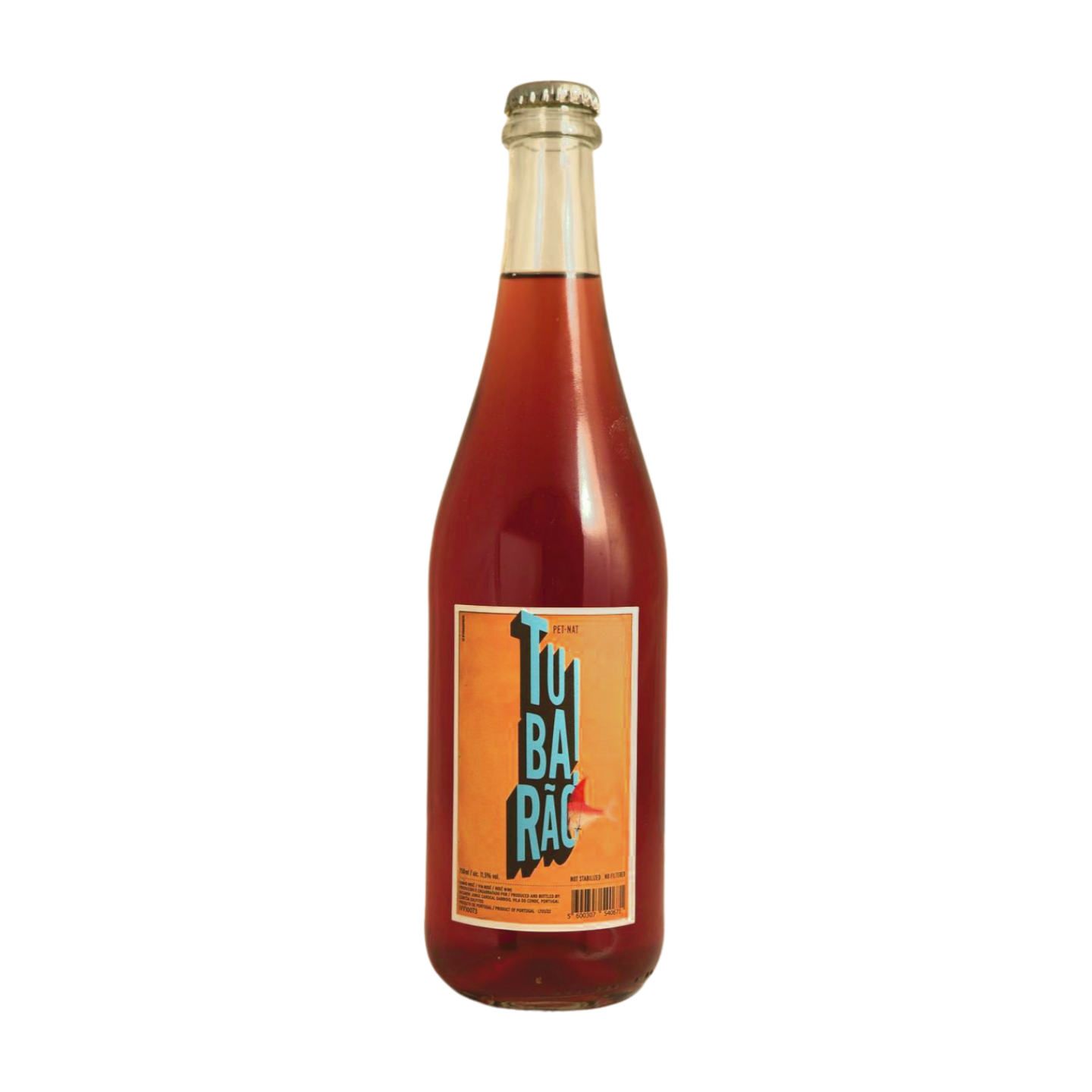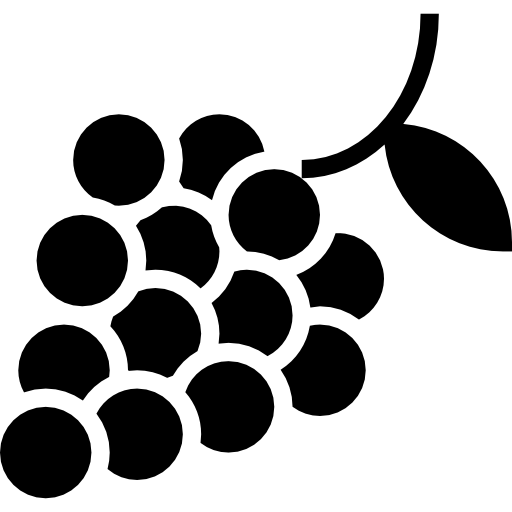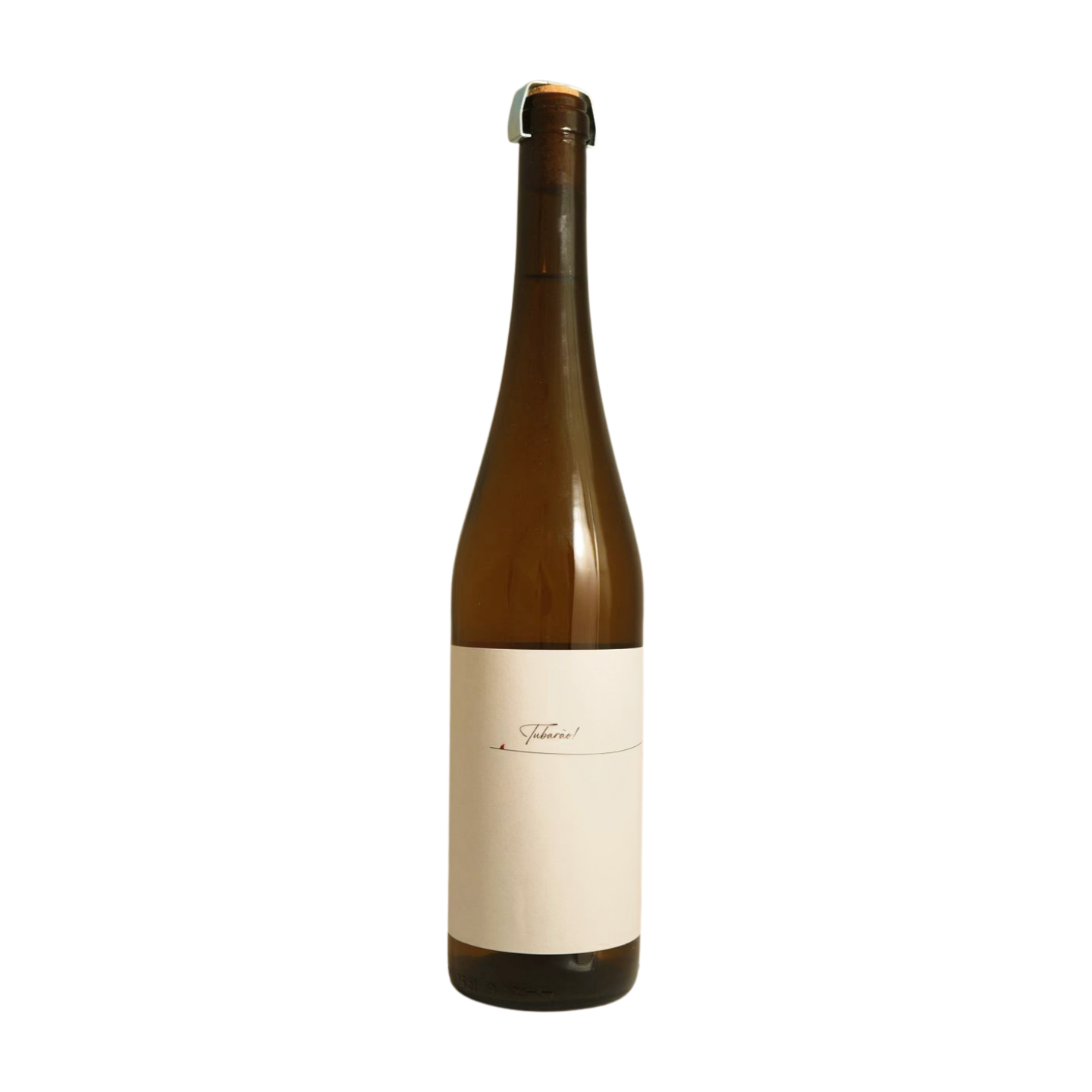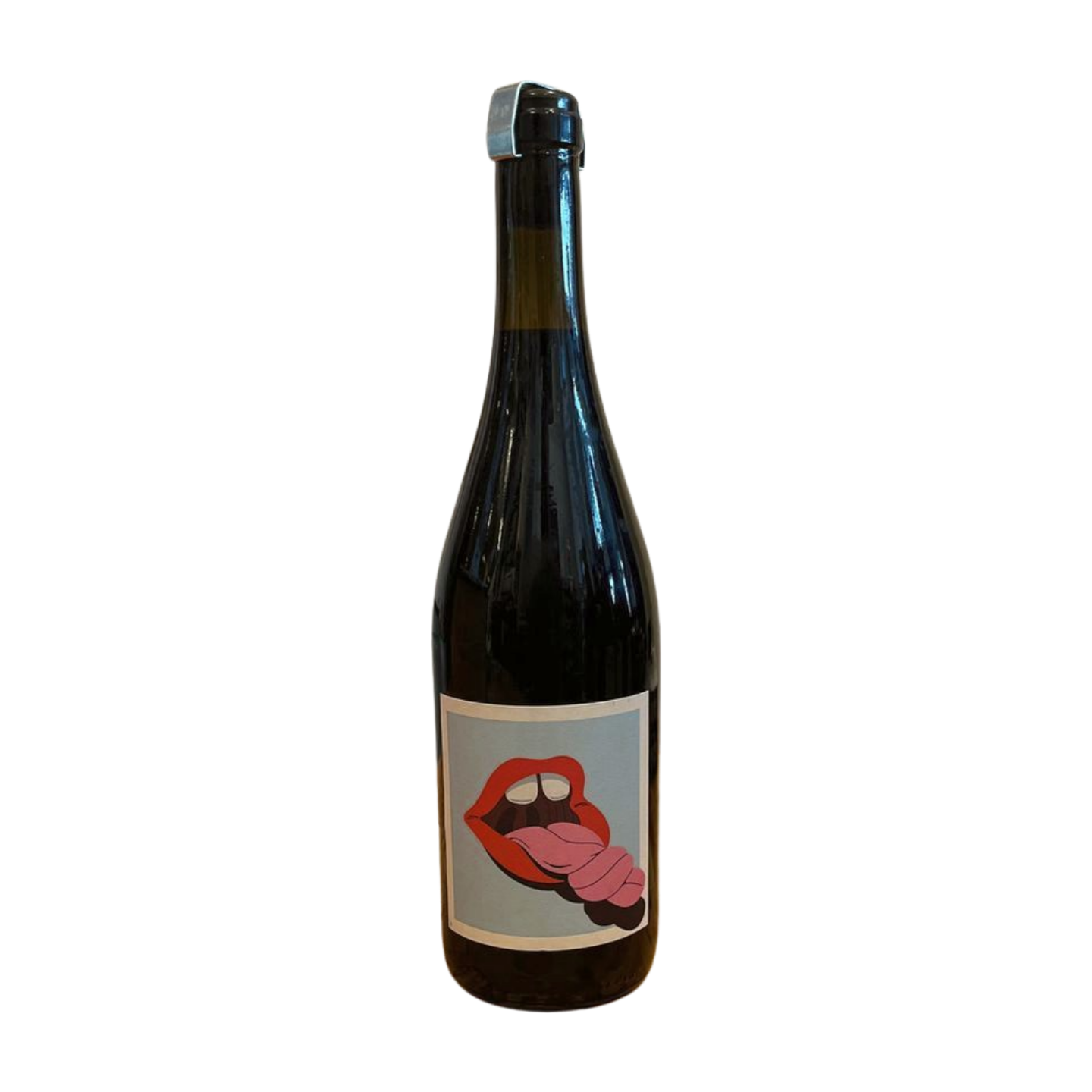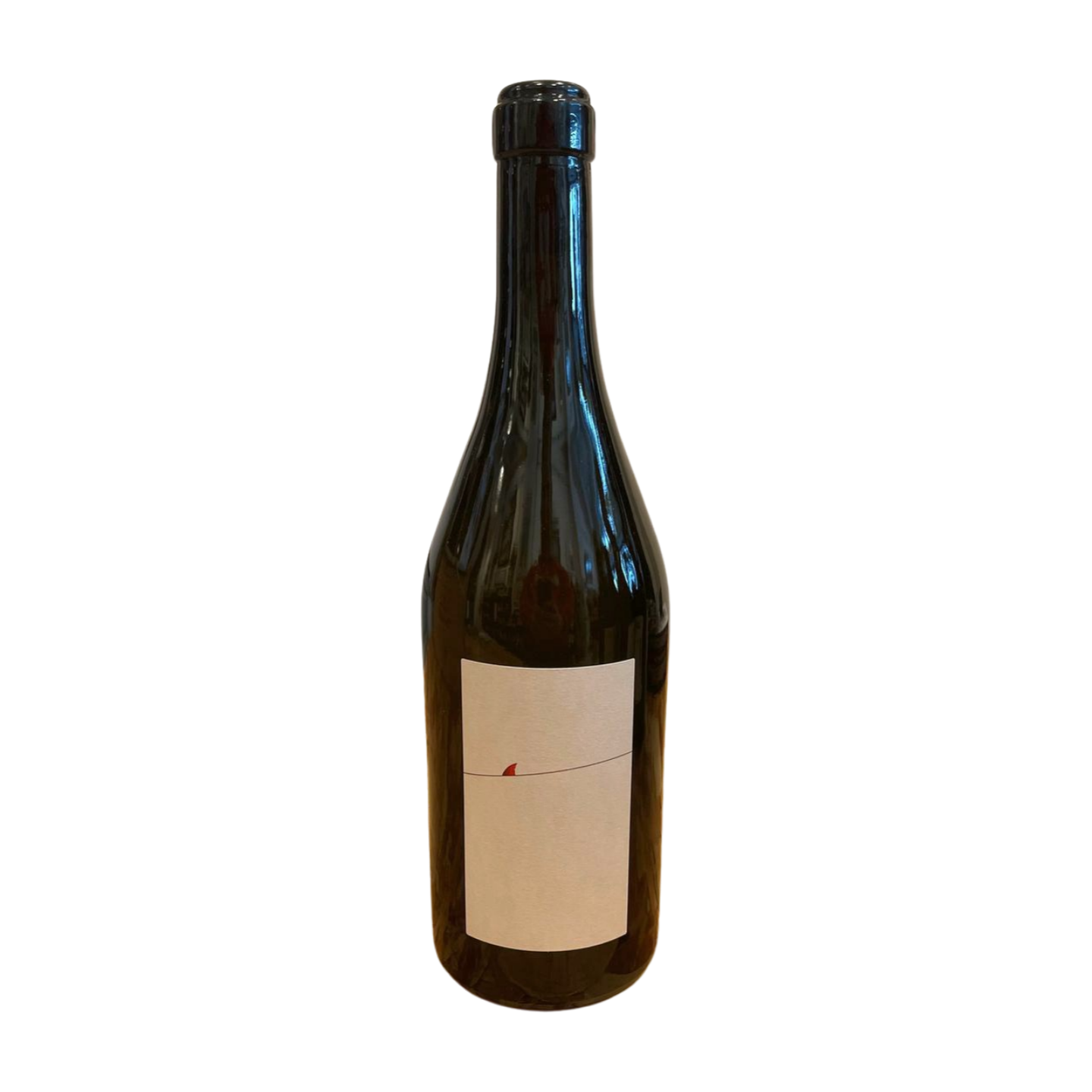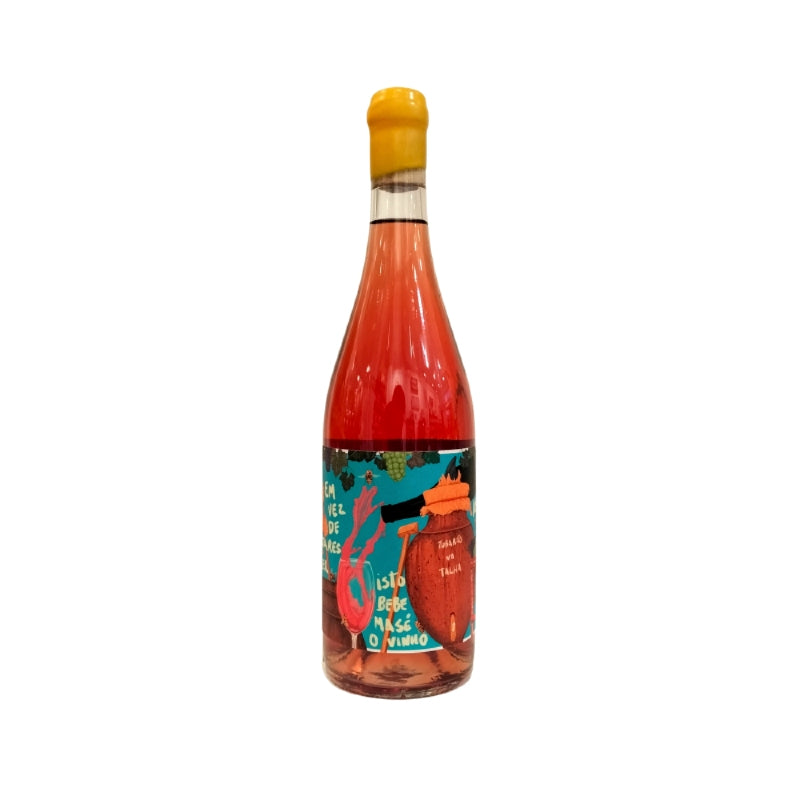A distinctive sparkling wine originating from the historic Masseiras of Póvoa de Varzim and Esposende. These ancient agricultural structures, developed by Benedictine monks in the 18th century, provide a sheltered microclimate conducive to vine cultivation within their sandy depressions near the Atlantic coast. The grapes, often Loureiro and Vinhão, are sourced from these unique vineyards and are harvested by hand, underscoring a commitment to careful fruit selection. The winemaking process involves gentle pressing of the grapes, followed by fermentation in stainless steel tanks. The wine is then bottled with residual sugar, initiating the second fermentation within the bottle, naturally producing its effervescence, a hallmark of the méthode ancestrale. This results in a naturally sparkling wine that retains some primary fruit characteristics.
The resulting wine presents a cloudy, salmon-hued appearance, characteristic of unfiltered Pét Nat wines. The aromatic profile is delicate, featuring notes of strawberry and raspberry, indicative of the grape varieties and the gentle winemaking approach. A distinct hint of salinity is also present, reflecting the vineyards' proximity to the Atlantic Ocean and the sandy soils.
On the palate, Tubarão's Pét Nat Rosé is a refreshing and vibrant expression of the region's unique terroir. The effervescence is lively, and the wine likely exhibits a slight sweetness balanced by a refreshing acidity. The combination of the red fruit aromas, the subtle salinity, and the natural sparkle creates a unique and terroir-driven sparkling rosé that showcases the potential of this historic viticultural method.
